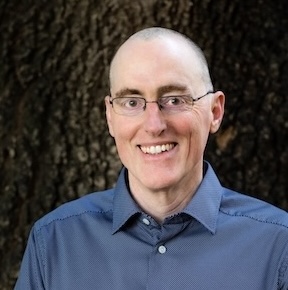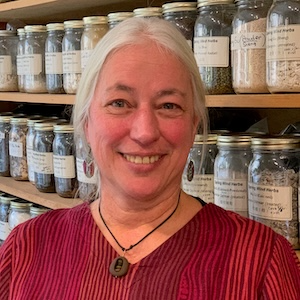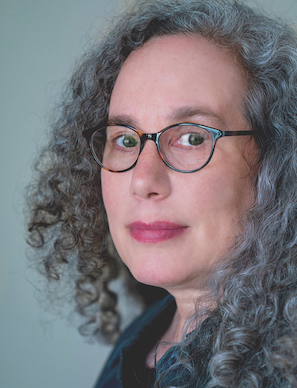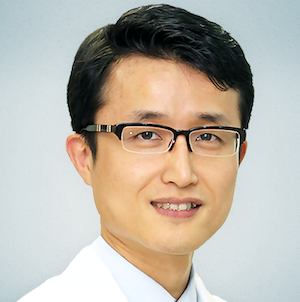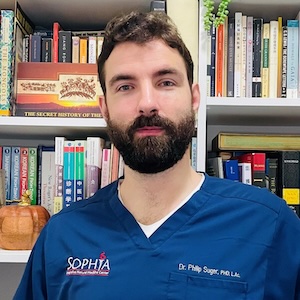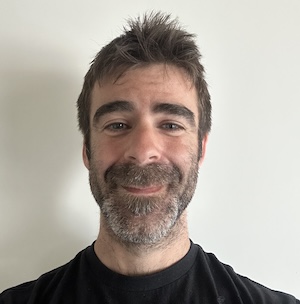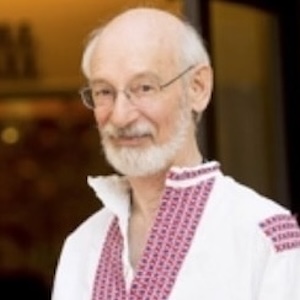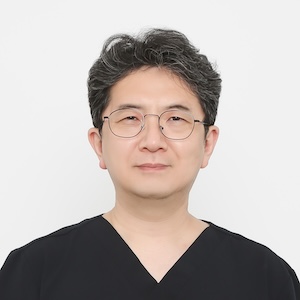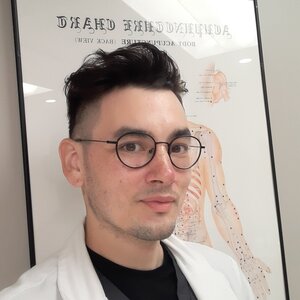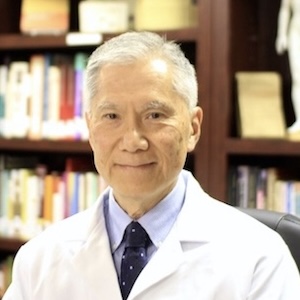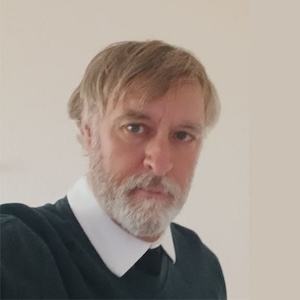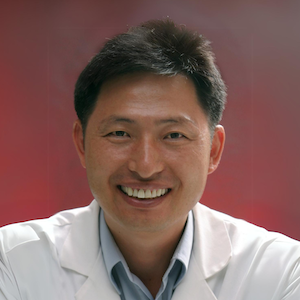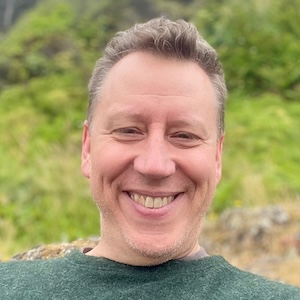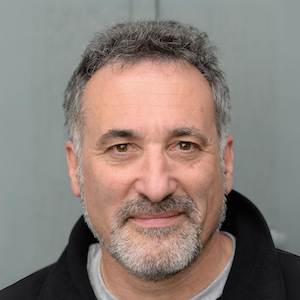In this Shop Talk Jason Robertson discusses the importance of putting your hands on your patients heads to understand where physically the points actually are located.
He draws from his experience with Dr Wang Ju-Yi in discussing how points are “jie” which you can think of as junctions or spaces, they’re notable by the way they feel. And this isn’t just for points on the head, but through the body. It’s helpful to put your hands on people and let the body tell you where the point is located.
Dr. Wang had a special affinity for DU19 and DU21 and how they can be used for treating back pain and for issues that result from a failure of the clear yang to ascend.
Clear diagnosis is the key to effective treatment and putting your hands on people both as a diagnostic and to find the most potent points is a practice that will serve you well in the clinic.
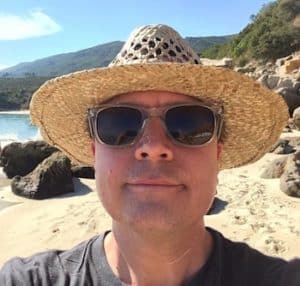 Jason Robertson, L.Ac
Jason Robertson, L.Ac
I began studying Chinese when I was 17 after having a great high-school teacher. In college I majored in East Asian studies, eventually spending most of my 20s living and working in Taiwan.
After studying at ACTCM, I went to Chengdu for a year to study herbs then spent two years in my native Kentucky practicing acupuncture. After a few years seeing patients, I realized that I had much more to learn. I had seen Dr. Wang Juyi speak at a weekend seminar in California and, on a whim, I was determined to look him up. With what now looks like a bizarre leap of faith, my wife and I moved to Beijing. I called Dr. Wang on the phone (only after arriving) and he happened to be home.
What thus began in what I thought would be a brief sojourn to collect a few clinical tricks ended up shaping the rest of my life. The approach to Chinese medicine that Dr. Wang embodied was one shaped by the earthy, practical reality of twentieth century China. He strove to come up with ideas that worked while drawing from the maps provided in the classics; to get out of his head and into his hands. He was like me in the sense that he loved to think and found that a hands-on palpation based approach to acupuncture helpfully limited the temptation to devise beautiful and elegant diagnoses and treatments that didn't actually work. Palpation prevents theoretical quicksand. Twenty years later, I'm still finding new things through palpation, learning from other palpation traditions and chipping away at the edges of what I think I can do with Chinese medicine.
You can find out more about Jason’s work at www.channelpalpation.org
And sign up for his hands on course in Chicago September 16, 2023
And tune into his podcast Dialogues on Channel Palpation wherever you get your podcasts.

